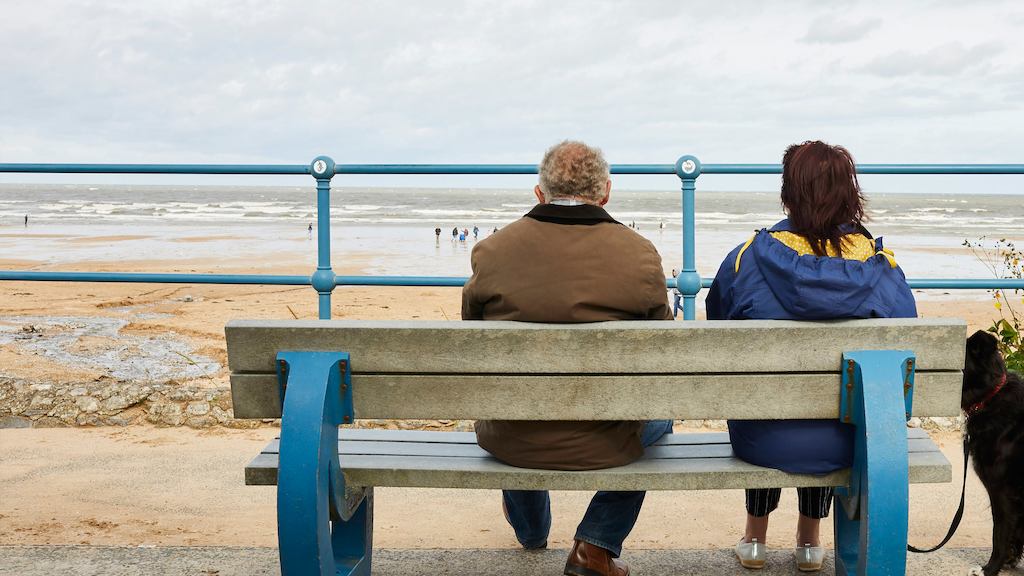New data has revealed the North East as England’s friendliest place to live, with more than nine in ten (92%) people in the region saying they know people they say hello to in their local area. Yorkshire and the Humber, however, is the place where most people trust their neighbours – with nearly eight in ten (78%) saying they trust their neighbours. Londoners, by contrast, are least likely (77%) to say they know people to say hello to, and to feel trusting of their neighbours (65%). Trust also appears to increase with age, with 86% of over 70s say they feel trusting of their neighbours compared to 64% of 18-29 year olds.
The figures also show that those in the South West are most likely to know someone they could count on to help if they were ill or unable to leave the house – nearly nine in ten (88%) of people in this region said they would have someone to turn to. But the proportion of people who say that they are involved with helping out others in their area is substantially lower; even in North West where it’s highest, less than half of people (44%) are involved with helping others. But around a third of people in all areas say they have become more involved since the start of the first lockdown.
The new survey data commissioned by the Centre for Ageing Better features in a new report on the State of Ageing in 2020. NatCen surveyed 3,390 adults across England including 2,010 aged 50-69 to understand how connected they feel to their local area and how this had changed as a result of the lockdown, particularly among those approaching later life. Having good connections to others is vital at all ages, and it is important that people aged 50 and over live in communities that make it easier to stay connected and participate, even as life changes.
According to the survey data, the first lockdown boosted community spirit – but more so for those who were better off and in good health. Around half of people in their 50s and 60s who are ‘living comfortably’ have a better level of contact with others in their area than they did before lockdown, compared to a third of people who say they are ‘finding it difficult to get by’.
As we face a winter of restrictions, experts at Ageing Better say that communities need the resources to keep people connected and engaged, with social connections vital to maintaining people’s wellbeing during this challenging period.

